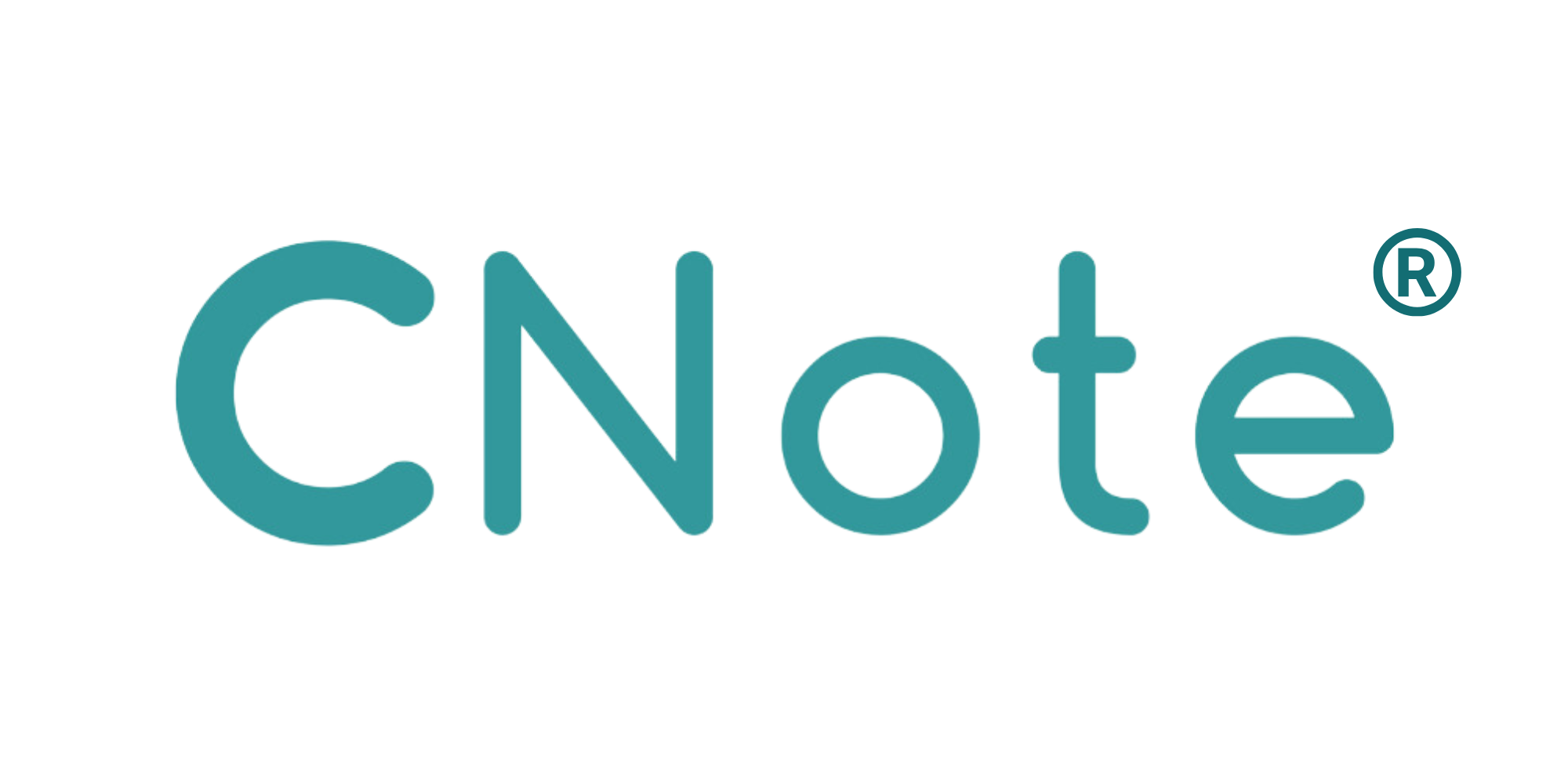Nearly 1/3 of Americans are over-saving, amounting to over $300B in “extra” savings sitting in banks earning nothing. So why do we do it? CNote interviewed 100+ over-savers to find out. Here’s what we learned.
I know, it sounds like a funny term. Over-saver? But if you are one of the millions of Americans that have a rainy day fund, there is a high chance that you too, are an over-saver. We define an over-saver as someone who houses more than their emergency fund in their savings account. Perhaps you keep $1,000 more – or tens of thousands more. Whatever the case – you’re not alone. Nearly 1/3 of all American’s are over-savers, amounting to over $300B in “extra” savings.
So why call out our propensity to over-save? Well two reasons really. First and foremost, if your savings is housed in a traditional bank, you are actually losing money. Those bank interest rates are no longer keeping up with the rate of inflation, and online savings banks are barely matching it themselves.
Secondly, I would argue that keeping $300B on the sidelines is bad news for our economy. When over $300B sits in savings accounts earning nothing, that means less money is circulating, spent, loaned and put to work to make our economy stronger.
So you may ask yourself – why do we do it? Why do we house extra dollars when we know they will bare little fruit in this incredibly low interest rate environment? Well I decided to find out. I went out and interviewed over 100 over-savers and here were the main themes that emerged:
1) Liquid is Safety – after enduring several recessions, many Americans still feel that the only thing they can rely on is cash. Will the market crash under the next administration? Will my dollars be there for me when I need to cash out? Many of us think our cash on hand is simply smart given the volatility we’ve seen. It’s not that we won’t play the market – we just won’t put all eggs in any one basket.
2) Flexibility is Key – we used to be a more predictable society. I know my parents had a plan – whether it was for big vacations or retirement – and they stuck to that plan. But many of us just simply don’t live our life that way. What if there is a big purchase we want to make next year? Or an investment opportunity we don’t want to miss? Having cash on hand makes those opportunistic leaps easier.
3) We Simply Forget – I know it sounds silly, but I heard this over and over again. When new cash comes in, many of us take the easiest road: dump it in our savings. That’s much easier that exploring our options and it’s why those dollars are often left there without thought, intention or investment.
Take all of these together and you have a snapshot of how we’ve developed a hefty $300B+ cash cushion.
I think it’s finally time to admit it – Americans are increasingly tied (psychologically and emotionally) to liquidity. While not as sexy as trading, cash management is important – but often ignored. We are here to turn that around.
Our goal at CNote is to create a new reality for good savers that allows you to do good and do well. We believe you deserve an experience that is simple, honest and helpful. As we create this new world, we invite you to comment, challenge and help us redesign a financial reality we can all be proud of.
– Cat Berman, Co-founder


